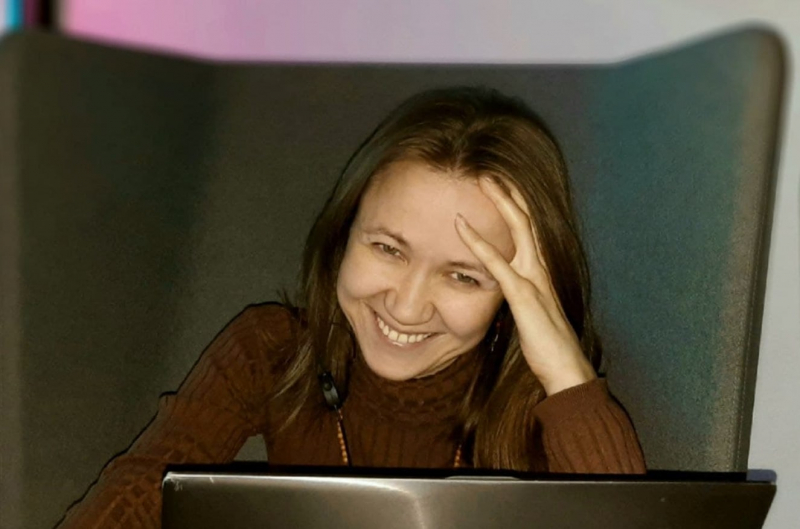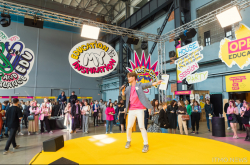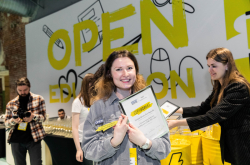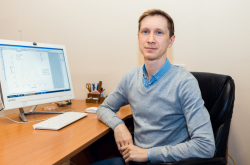How did you start working at ITMO?
I received my Bachelor’s degree at Novosibirsk State Technical University and then got into a Master’s program at ITMO to study mathematical modelling. I started teaching in the first year of my studies here and decided to stay at the university to pursue my PhD degree after graduation.
What kind of research did you do?
I studied micromagnetic simulation with the finite element approach, which is a method of modeling physical processes. This approach is used to identify the properties of a product before manufacturing or see that it meets the required parameters. Usually, we need to know how a magnet with certain parameters will function in an external field, so first we model these parameters.
What was your PhD thesis about?
It grew out of my Master’s project, where I worked with 2D and pseudo-3D modeling. Pseudo-3D is only an imitation of a 3D environment, and in my PhD thesis I got to do actual 3D modelling.
Pseudo-3D in Rock n’ Roll Racing minigame. Credit: playminigames.ru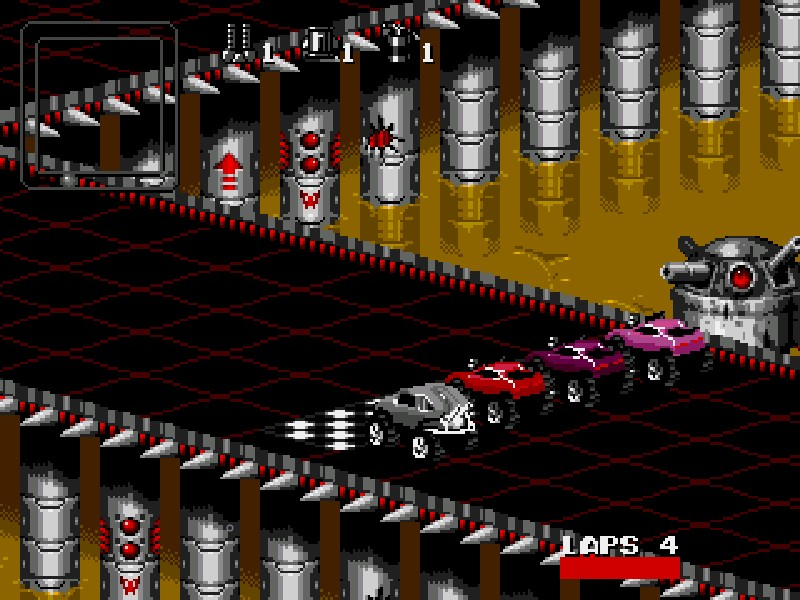
How did you become a lecturer?
I started teaching in the first year of my Master’s degree. I started with practical classes and then also held lectures on game theory (a mathematical method of studying optimal strategies in games). For a long while I was only a part-time lecturer, I would have two-three classes a week, and spend most of my time working as a programmer. Then after having my first child I decided that I didn’t want to stretch myself thin between two jobs – so I chose to be a full-time lecturer.
So you turned your hobby into your profession?
Being an educator means that you have the opportunity to interact with many people. I like being at ITMO and doing what I do and I like the people who work alongside me.
When I had to choose between commercial programming and teaching, I realized that I am more interested in being a part of the academic community.
Now, I teach many courses: linear algebra for first- and second-years, applied maths for third-years, and computational and optimization methods, as well as game theory for fourth-years.
Based on your experience, what is it that keeps students engaged and what is a no-go?
This is a complex question because the answer usually depends on the course. But without such specifics, I’d say that students stay engaged if their lecturer is involved in the subject.
If you are interested in the topic, if you believe that it’s useful and important, students will get involved, too.
Maria Moskalenko after graduation. Photo courtesy of the subject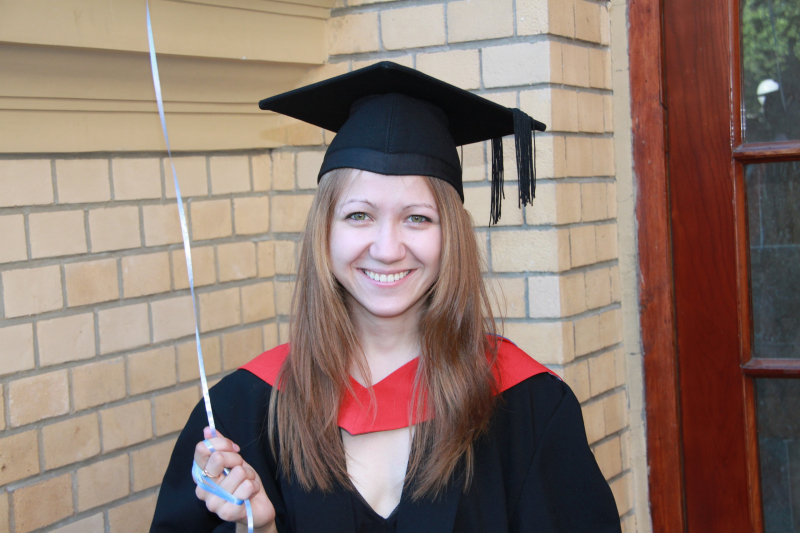
Do you rely on your experience as a programmer in your teaching practice?
Again, it depends on the course. Sometimes, for subject-specific disciplines, my experience comes in handy because it’s great to know something not only in theory but also in practice, from the inside.
Do you have any hobbies?
I have two small kids, so I spend most of my free time with them and I don’t have enough time for hobbies. It’s always a choice: to spend time alone or to be with my kids. But when I do have a free minute, I love painting, particularly landscapes.
What was it like returning to work after maternity leave? Was it hard for you to combine your teaching work with taking care of two children?
It wasn’t hard to go back to work because I had my children one after the other with a year’s difference. I was able to do some teaching between the birth of the two children and then after my second child got a little older, I started working on Saturdays, gradually increasing the number of classes I taught. Professionally, I can’t say it was hard to get back to work, for me it went rather smoothly.
As for combining these activities, it is always a question of balance. I think that it’s important for children to see that their parents have jobs that they enjoy – and that they aren’t just forced to go to work every day.
Prizes for winner of ITMO.EduLeaders. Photo by Maria Bakina, Megabyte Media 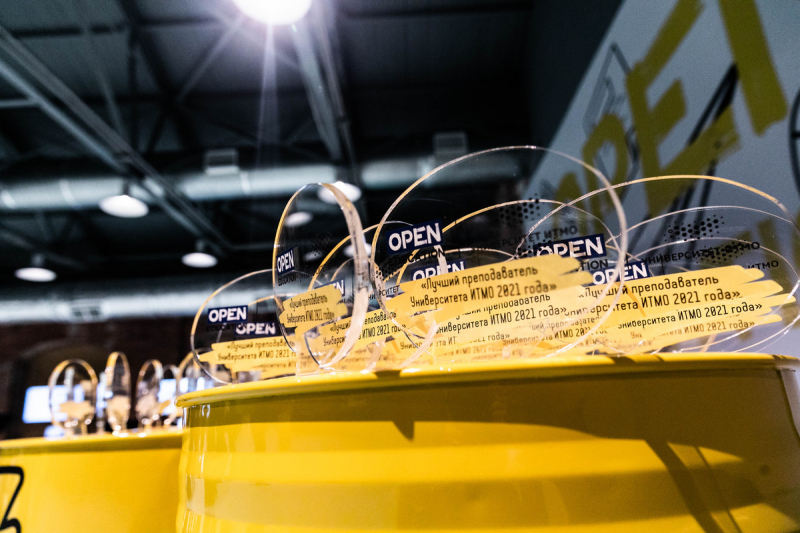
Why did you decide to take part in ITMO.EduLeaders?
It was within another project. I was simply told that experts would visit my lecture in applied mathematics and I agreed. I was curious to receive feedback – it’s very useful to get your work evaluated by someone else.
How did you react when you learned you’d won the contest?
I was at ITMO’s Open Education conference. It was quite chilly outside, so I was a little cold. I was having tea with my colleagues after completing my presentation. We were going to go home, I don’t really remember why we decided to stay a little longer.
When they announced that I got into the final I was surprised and puzzled, I didn’t expect that. But it was really nice and in a certain sense means a lot more than just regular feedback. I texted my students in our group chat and they were very happy for me.
